06 Feb 2024
Gym Instructor vs Personal Trainer – Key Differences
If you’re considering a career in the fitness industry, chances are that “Gym Instructor” (also called “Fitness Instructor”) and “Personal Trainer” are terms you’ve encountered countless times already.
They share similar duties, often work in the same environments, and they’re driven by the same purpose: helping people reach their fitness goals. But are the two jobs interchangeable?
As similar as these jobs seem, your day-to-day responsibilities can change quite dramatically depending on which of these roles you take on, and one requires more education than the other. In this article, we’ll help demystify some of the key differences in duties, workplace, salary and the types of qualifications you’ll need for each role.
Join us as we explore the difference between Gym Instructors and Personal Trainers.
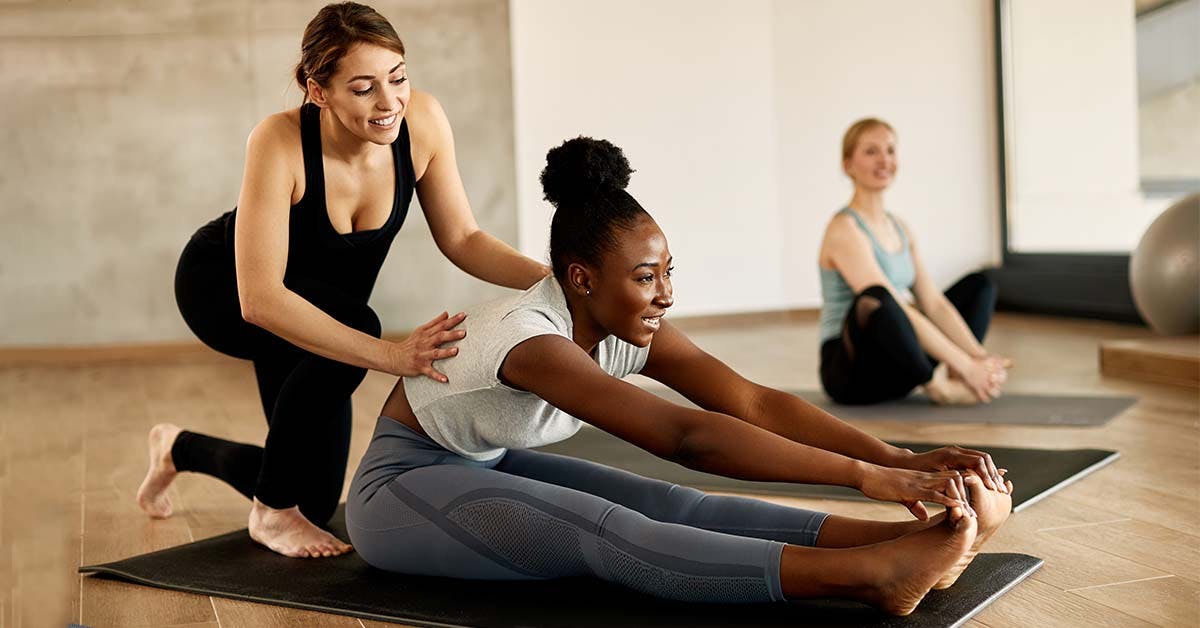
What is a Gym Instructor?
A Gym Instructor works in a fitness centre to help members get the most out of their workout, improve their fitness and achieve their fitness goals. Gym Instructors often work on a casual or part-time basis and complete a range of customer service tasks as well to keep things running every day.
A Gym Instructor is not to be confused with a Group Exercise Instructor, who is more focused on leading group fitness classes rather than playing an all-round support role in the gym.
What is a Personal Trainer?
A Personal Trainer is someone who works closely with individuals who want direct guidance to improve their health and fitness. They provide detailed, tailored exercise programs and motivate clients during their workouts, as well as giving basic lifestyle and nutrition advice. A Personal Trainer might also lead group activities.
What are the Daily Duties of a Gym Instructor vs. Personal Trainer
Gym Instructor
A Gym Instructor plays a crucial role in making sure everyone in the gym is well looked-after, and that the day-to-day operations of the gym are carried out properly. There is, however, still the opportunity to help members achieve safe and effective workouts and to lead group fitness classes.
A Gym Instructor’s daily responsibilities typically include:
Customer service for gym members
Supervising the gym floor and cleaning equipment
Advising and correcting members on how to use gym equipment
Signing up new members and giving tours to prospective members
Organising and implementing fitness programs for individuals and groups
General admin and marketing duties (e.g. data entry and managing the gym’s social media).
Personal Trainer
While Gym Instructors are there to help everyone, Personal Trainers are uniquely qualified to provide one-on-one sessions to clients. This means they are less involved in the gym’s administrative tasks and instead focus most of their attention on helping individuals achieve their health and wellbeing goals.
Due to the nature of their expertise and services, great Personal Trainers tend to forge a much closer understanding of their clients’ physical and emotional journeys through fitness and, therefore, are able to give much more personalised advice.
The day-to-day life of a personal trainer often includes:
Conducting introductory sessions (exploring a new client’s goals, fitness level and previous injuries)
Creating personalised plans for clients
Meeting clients for one-on-one sessions (sometimes in a gym but not always – personal training can be done in outdoor venues or even at a client’s home)
Supporting and encouraging clients on their fitness journey (both physically and emotionally).

What Qualifications are Needed to be a Gym Instructor vs. Personal Trainer
Another difference between these roles is the level of expertise and qualification required. Here’s what fitness courses you’ll need to study for each.
Gym Instructor
There are technically no prerequisites to becoming a Gym Instructor in Australia, but that doesn’t mean you should work without one. It’s highly recommended that entry-level fitness professionals study a Gym Instructor course, at least at a Certificate level. That’s because you’re working with people’s health, safety and wellbeing, and it’s vital that you know what you’re doing before advising members in a gym. It’ll also make your job application far more competitive against others who do have a gym instructor qualification.
In order to become a Gym Instructor, we recommend enrolling in the SIS30321 Certificate III in Fitness. This course will equip you with all the knowledge and skills to flourish in a gym environment, including:
Conducting fitness assessments
Designing and delivering exercise programs
Principles of anatomy and physiology
The latest nutrition guidelines
Motivational strategies
Personal Trainer
Getting qualified as a Personal Trainer requires you to complete a nationally recognised personal training course.
In AIPT’s SIS40221 Certificate IV in Fitness, you’ll refine your ability to deliver client health/fitness assessments and exercise programs, preparing you for the extra responsibilities that come with training clients one-on-one.
You’ll also learn the ins and outs of key parts of the job, such as:
Fitness planning
Training legalities
Motivational psychology
Business planning – how to set up, manage and promote your own personal training business.
If you’re looking to bulletproof your career in fitness, our Complete Personal Training Course combines both Certificates III and IV into one neat package. Plus, completing this course gives you an additional skill set: SISSS00128 - Group Exercise Leader.
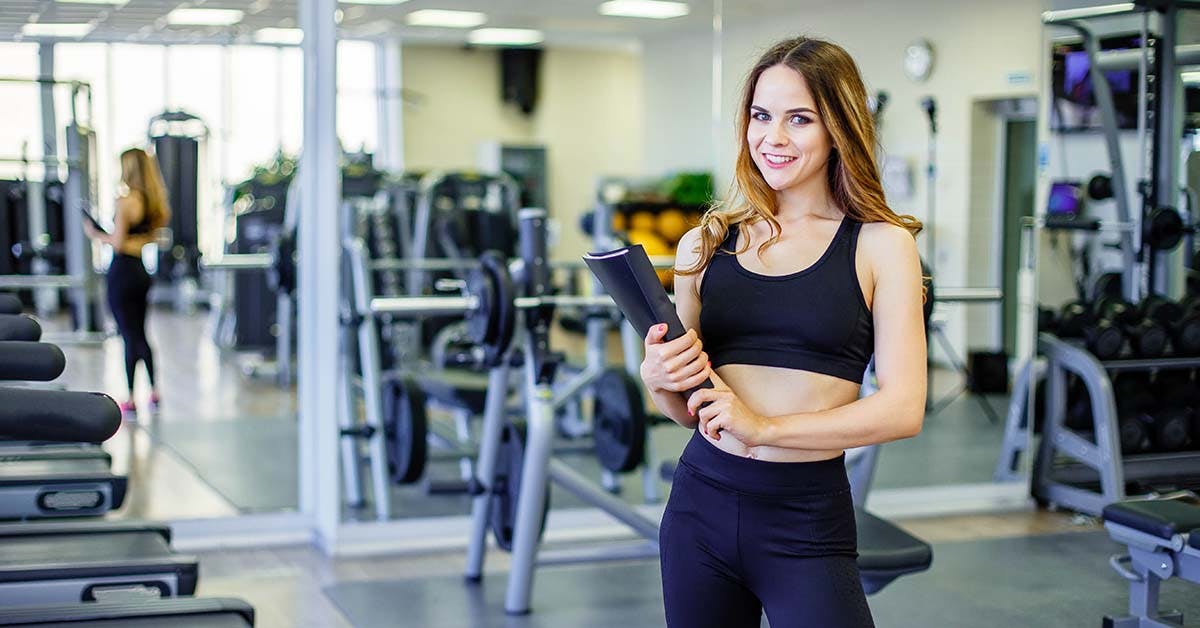
Gym Instructor vs. Personal Trainer: Salary
The extra education and experience required means that Personal Trainers typically earn slightly more than Gym Instructors. Many factors can influence your earnings. Your own salary could differ from the average figures based on your location, experience level, qualifications, and more.
Graduating from our Complete Personal Training Course will give you the skills and knowledge to increase your earnings and open up the possibilities for the types of roles you could do. You have the flexibility to work as a Group Fitness Instructor or Gym Instructor, all while managing your own business and providing in-person and online personal training sessions.
Plus, if you add specialised fitness qualifications to your toolkit, the broader the range of clients you’ll be able to help and, therefore, the greater the earnings.
Can a Gym Instructor do Personal Training?
That depends. All Personal Trainers in Australia are required to hold at least a Certificate IV in Fitness. If a Gym Instructor holds this qualification, they can also work as a Personal Trainer outside of their usual role. But if they have only studied a Certificate III in Fitness, they are not qualified to provide personal training services.
Whether you want to start off as a Gym Instructor or advance straight to becoming a Personal Trainer, AIPT is here to help you turn your career dreams into a reality. View all our courses for more information or call us on 1300 616 180 to speak with a Careers Advisor about the best pathway for pursuing your ambitions.
You can read about the difference between the SIS30321 Certificate III in Fitness and the SIS40221 Certificate IV in Fitness in this article.
Related Articles
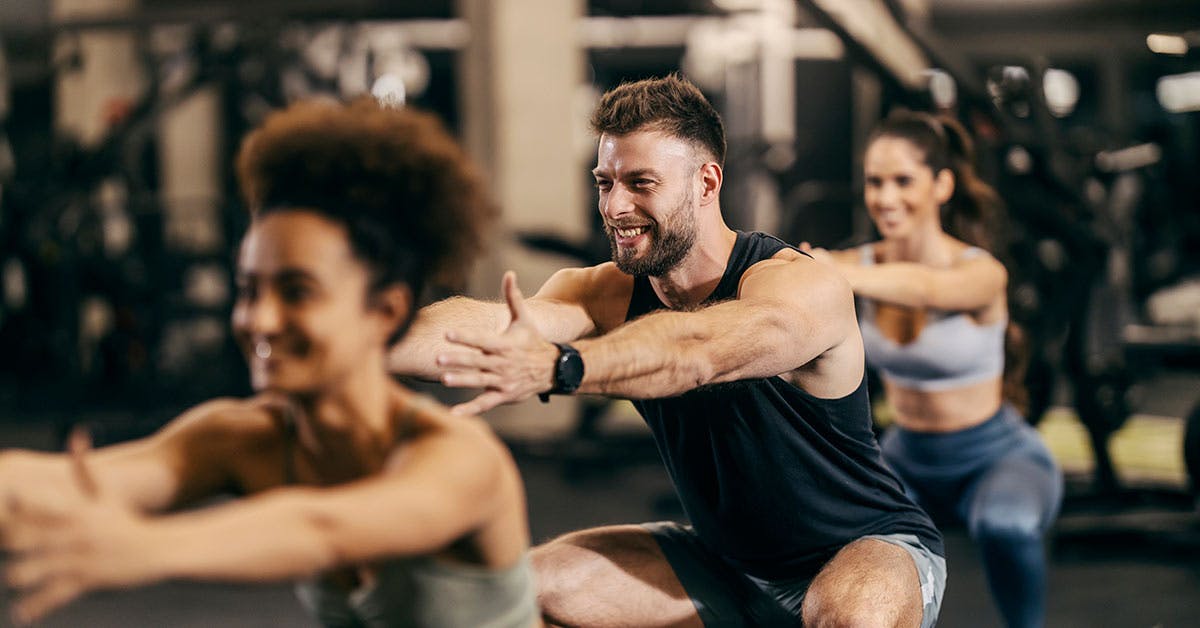
Maximise the Rest of 2025 With Your Fitness Career
Finish 2025 strong. Learn how personal trainers can grow their fitness career, attract more clients and upskill before the final campus intake closes.
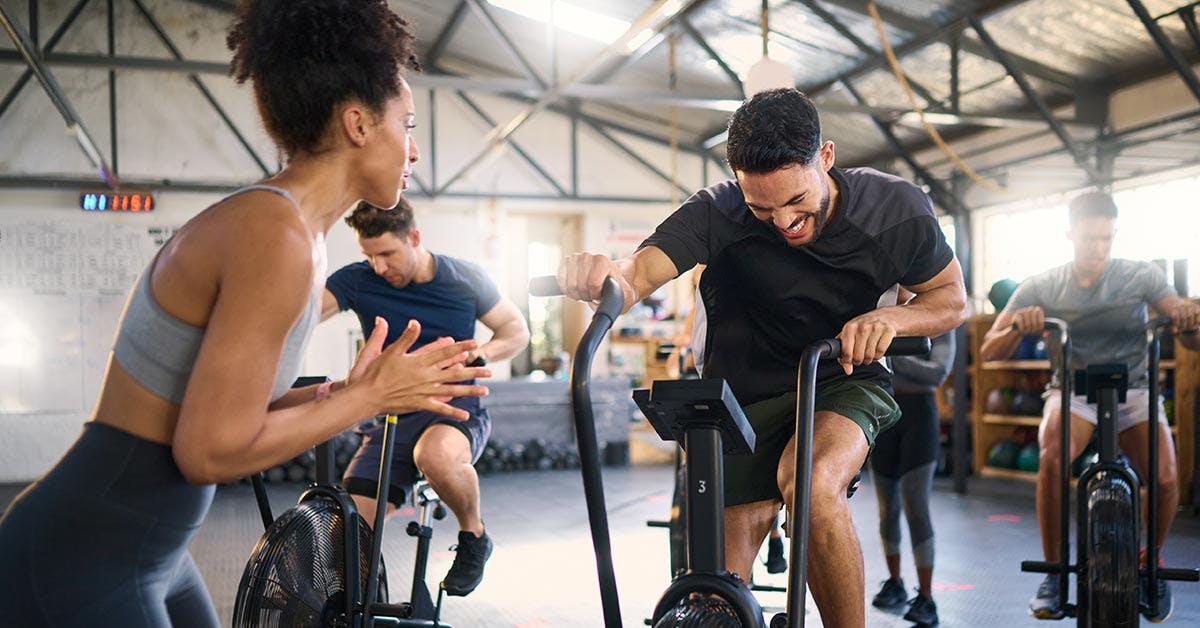
Why becoming a Group Trainer is the ultimate side hustle.
Discover why becoming a group fitness trainer is the ultimate side hustle: a flexible way to earn extra income, stay fit and inspire people around you.
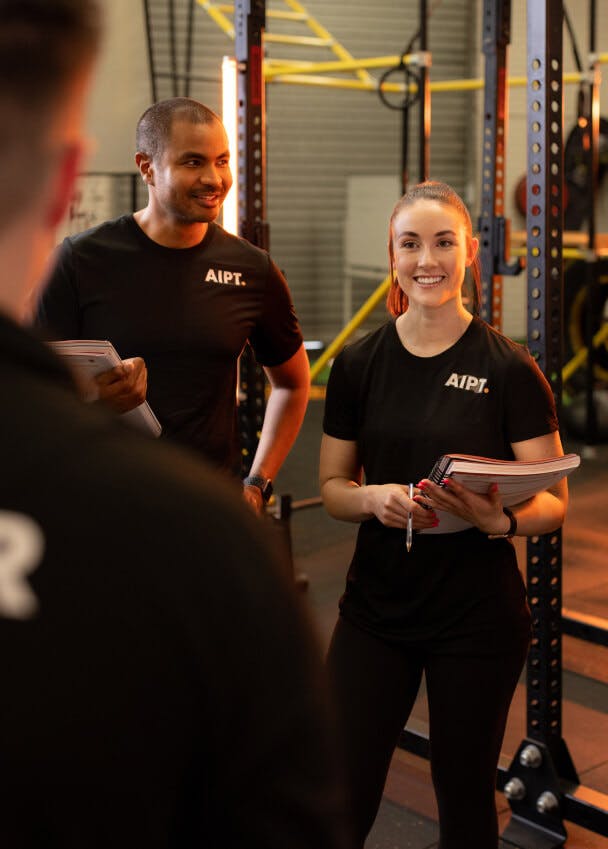
Industry Supplier
Proud member of

© Australian Institute of Personal Trainers | RTO Number 32363
